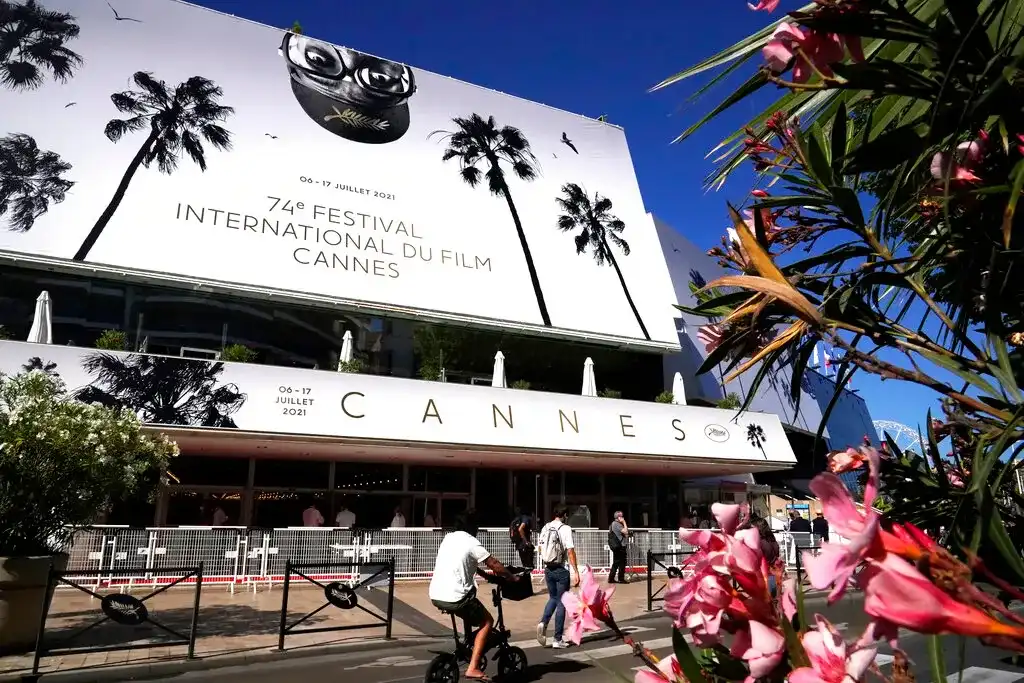The Cannes Film Festival has joined a growing wave of cultural institutions denouncing Russia’s invasion of Ukraine by barring official Russian delegations from its May 2022 event.
In a powerful statement, festival organizers expressed solidarity with Ukraine, declaring, “We are adding our voice to those who oppose this unacceptable situation and denounce the attitude of Russia and its leaders.”
The decision, effective unless the conflict resolves in a manner satisfactory to Ukraine, excludes anyone linked to the Russian government but salutes Russian artists opposing the regime.
This move aligns with Cannes’ historical resistance to oppression, rooted in its 1939 origins against fascist regimes.
Venice Biennale and Artistic Resignations
The art world echoed this sentiment when the curator and artists of Russia’s pavilion at the Venice Biennale resigned in protest.
Kirill Savchenkov, Alexandra Sukhareva, and curator Raimundas Malasauskas withdrew from the 59th International Art Exhibition, set for April to November 2022.
Savchenkov stated on Instagram, “There is no place for art when civilians are dying under the fire of missiles.”
The Biennale praised their “noble act of courage,” condemning violence and affirming its role as a platform for dialogue through art, standing firmly with Ukraine’s people.
Classical Music and Ballet Respond
The music and performing arts sectors have also taken decisive action.
Germany’s Munich Philharmonic dismissed conductor Valery Gergiev, a known Putin ally, after he failed to condemn the invasion by a Monday deadline.
Gergiev, previously dropped from concerts at Paris’ Philharmonie, New York’s Carnegie Hall, and Milan’s La Scala, saw further severed ties with festivals in Edinburgh, Verbier, and Rotterdam.
Similarly, French ballet director Laurent Hilaire resigned from Moscow’s Stanislavski Theatre, citing an inability to work “with peace of mind” amid the conflict.
London’s Royal Opera House canceled a Bolshoi Ballet season, underscoring the cultural sector’s unified stance.
Eurovision and Broader Cultural Exclusion
The European Broadcasting Union (EBU) excluded Russian entertainers from the 2022 Eurovision Song Contest, citing the event’s values of unity and diversity.
The EBU’s decision also bars Russian residents from voting, stating, “They are completely excluded from the whole event.”
This reflects a broader cultural pushback, with even prominent Russian artists like opera star Anna Netrebko facing pressure.
Netrebko, after a controversial statement condemning the war but resisting political coercion, withdrew from performances, including a postponed Hamburg concert.
Global Cultural Solidarity
The cultural sector’s response to Russia’s actions, which have killed over 350 Ukrainian civilians, including 14 children, and prompted an International Criminal Court investigation, highlights a collective commitment to human rights.
From film festivals to music halls, these actions amplify Ukraine’s plight, reinforcing the power of art to protest injustice and foster global solidarity.






